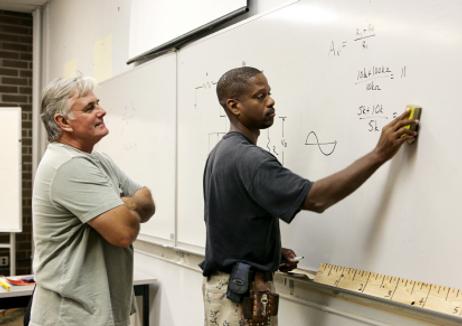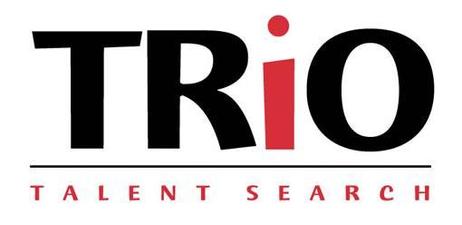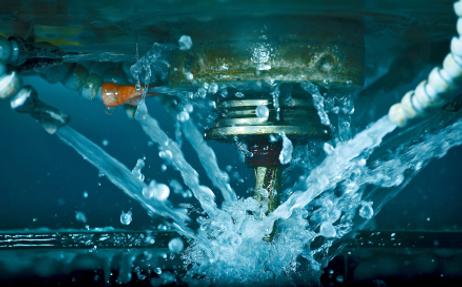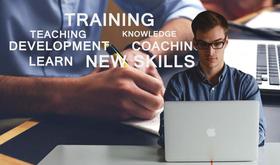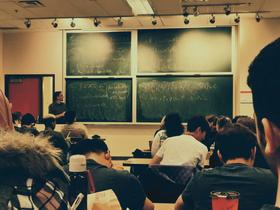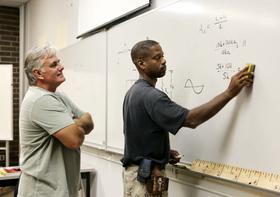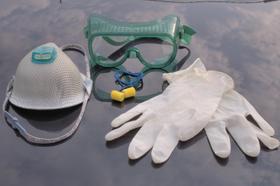Even though community colleges are seeing higher enrollment levels than ever before, not all these new students of higher education are getting the type of college experience they were hoping for. According to a new survey conducted by Pearson Foundation and Harris Interactive, many community college students feel unprepared for the rigors of college coursework. Students are also getting shut out of classes at many schools, leaving many waiting longer than two years to complete their degree and certification programs.
Harris Interactive conducted The recent survey online on behalf of Pearson Foundation in August and September 2011. The survey polled 1,205 community college students on various issues regarding school, including ease of getting necessary courses and the difficulty level of college-level coursework compared to high school classes. The survey results have been published on the websites of both Pearson Foundation and Harris Interactive. Several news sources have reported on the findings as well.
Preparation Lacking for Students Entering Community College
According to the Harris Interactive website, the survey found that more than half (52%) of all community college students felt unprepared for college-level coursework. Many felt their high schools did not adequately prepare them for higher education by placing a higher emphasis on basic skills, offering more courses, and making courses more challenging.
Amy Evans, a spokeswoman for Cisco College in Texas, told the Abilene Reporter-News that about one-third of the students who enroll at Cisco require some developmental education to prepare for the


